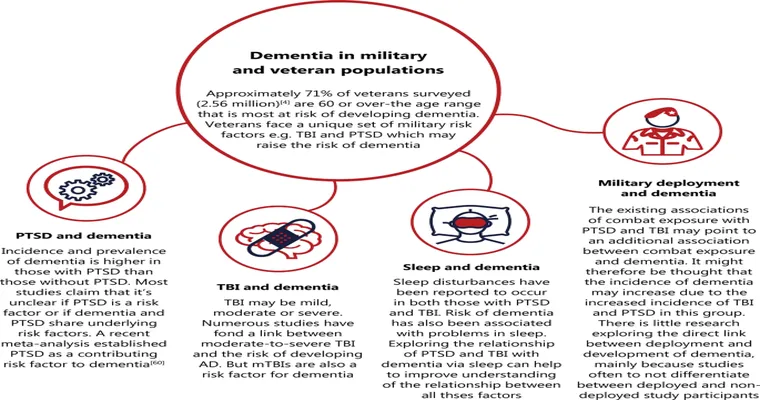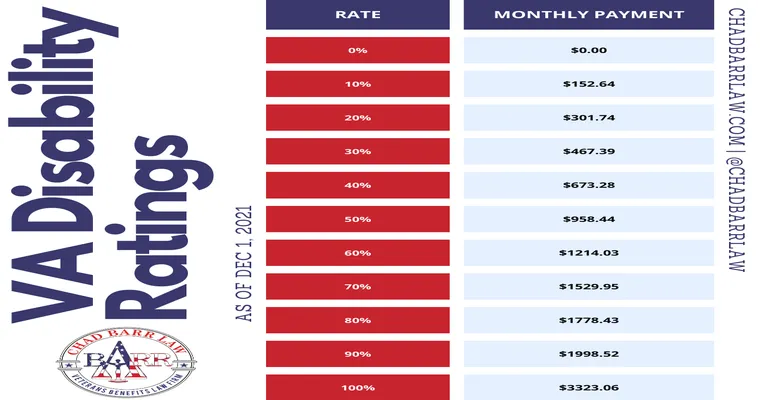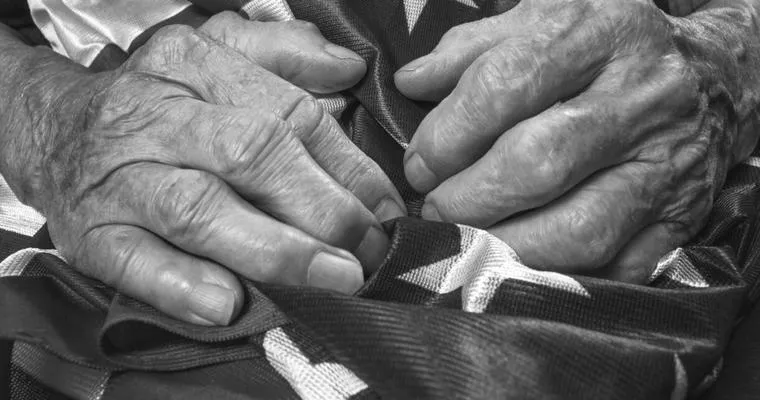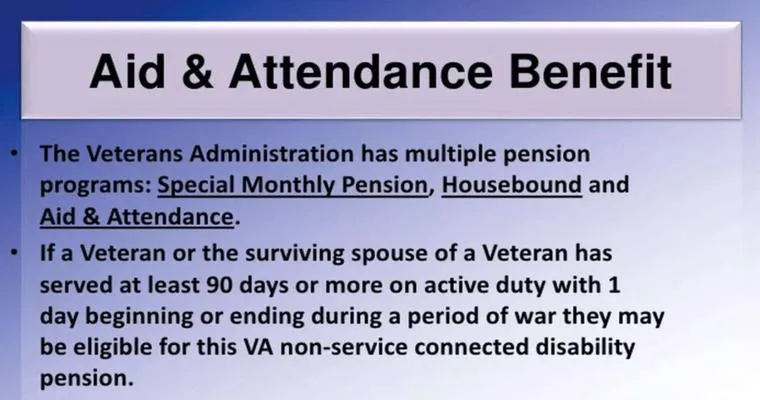As our brave veterans age, many face the challenges of cognitive decline, including "Alzheimer’s" and "dementia". Understanding the available "veterans benefits" for Alzheimer’s and dementia care is crucial for families navigating these difficult circumstances. This article explores the various support options, financial assistance, and resources available to veterans suffering from these debilitating conditions.
Understanding Alzheimer’s and Dementia
Alzheimer’s disease is the most common form of dementia, affecting memory, thinking, and behavior. Dementia itself is an umbrella term that encompasses various cognitive impairments that interfere with daily life. For veterans, the emotional toll of these diseases can be profound, not just for the individuals affected but also for their families. Fortunately, there are specific "benefits" that can help alleviate some of these challenges.
VA Health Care Benefits
Veterans may qualify for "VA health care", which provides access to a range of medical services tailored for those with Alzheimer’s and dementia. This includes routine check-ups, specialized assessments, and ongoing treatment for cognitive decline. The VA also offers services through the "Geriatrics and Extended Care" program, which focuses on providing comprehensive care for older adults, including those with memory-related conditions.
Aid and Attendance Benefit
One significant benefit for veterans with Alzheimer’s and dementia is the "Aid and Attendance" (A&A) benefit. This program provides additional financial support for veterans who require assistance with daily living activities due to their cognitive impairments. It can help cover the costs of in-home care, assisted living facilities, or nursing homes, ensuring that veterans receive the care they need.
Long-Term Care Options
Veterans with Alzheimer’s and dementia may also be eligible for long-term care options through the VA. This includes nursing home care and community living centers specifically designed for veterans. These facilities often provide specialized programs and trained staff who understand the unique needs of those with cognitive decline, allowing for a better quality of life.
Home and Community-Based Services
The VA also offers "Home and Community-Based Services" (HCBS) to support veterans who wish to remain in their homes while receiving care. These services can include home health aides, respite care for family caregivers, and adult day care programs. Such options can significantly enhance the quality of life for veterans with Alzheimer’s and dementia, allowing them to maintain independence while ensuring they have the necessary support.
Support for Family Caregivers
Caring for a veteran with Alzheimer’s or dementia can be overwhelming. The VA recognizes this and provides resources for "family caregivers". Programs such as the "Caregiver Support Program" offer training, counseling, and respite care options to help families manage the challenges of caregiving. By providing essential support, the VA helps alleviate some of the burdens on family members.
Getting Started
To access these benefits, veterans can start by visiting their local VA office or the VA website. It is vital to gather relevant medical documentation and proof of military service to facilitate the application process. Additionally, speaking with a VA benefits counselor can provide valuable insights into which benefits may be available based on individual circumstances.
Conclusion
Navigating the complexities of "veterans benefits" for Alzheimer’s and dementia care can be daunting, but numerous resources are available to assist veterans and their families. From health care services to financial assistance and support for caregivers, understanding these benefits is essential for ensuring that our veterans receive the care they deserve. By taking advantage of these programs, families can help improve the quality of life for veterans facing the challenges of cognitive decline.





